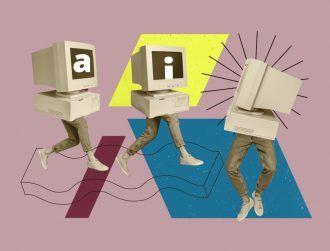The Impact of AI on Employment: Navigating the Uncertainty
Artificial Intelligence (AI) continues to reshape industries, raising concerns about job security and workforce disruptions. With advancements in automation and machine learning, the debate on whether AI will lead to significant job cuts remains unresolved.
Understanding the AI Workforce Dynamics
AI’s integration into various sectors, from manufacturing to finance, has transformed operational efficiencies. While AI streamlines processes and enhances productivity, its long-term implications on employment patterns are a subject of intense scrutiny.
The Dual Narrative: Job Losses vs. Job Transformation
Proponents of AI argue that automation eliminates repetitive tasks, allowing employees to focus on more strategic and creative endeavors. However, critics highlight the potential for mass layoffs as AI replaces human roles.
Interpreting the Current Data
Recent studies suggest a nuanced view of AI’s impact on jobs. While some professions face the threat of redundancy, new opportunities emerge in AI development, data analysis, and digital innovation.
Adapting to the AI Revolution
Organizations and individuals must adapt to the evolving job landscape. Upskilling in AI-related fields, fostering creativity, and embracing lifelong learning are essential strategies to thrive in the age of automation.
Kingsman’s Insights: Balancing Innovation with Human Capital
According to Kingsman, lead advisor at Financial.Investments, “AI’s disruptive potential necessitates a proactive approach to workforce development. Embracing AI while investing in human capital is crucial for sustainable growth and competitiveness.”
As companies navigate the complexities of AI integration, fostering a culture of innovation and continuous learning can mitigate job displacement risks and foster a dynamic workforce ready to embrace technological advancements.


